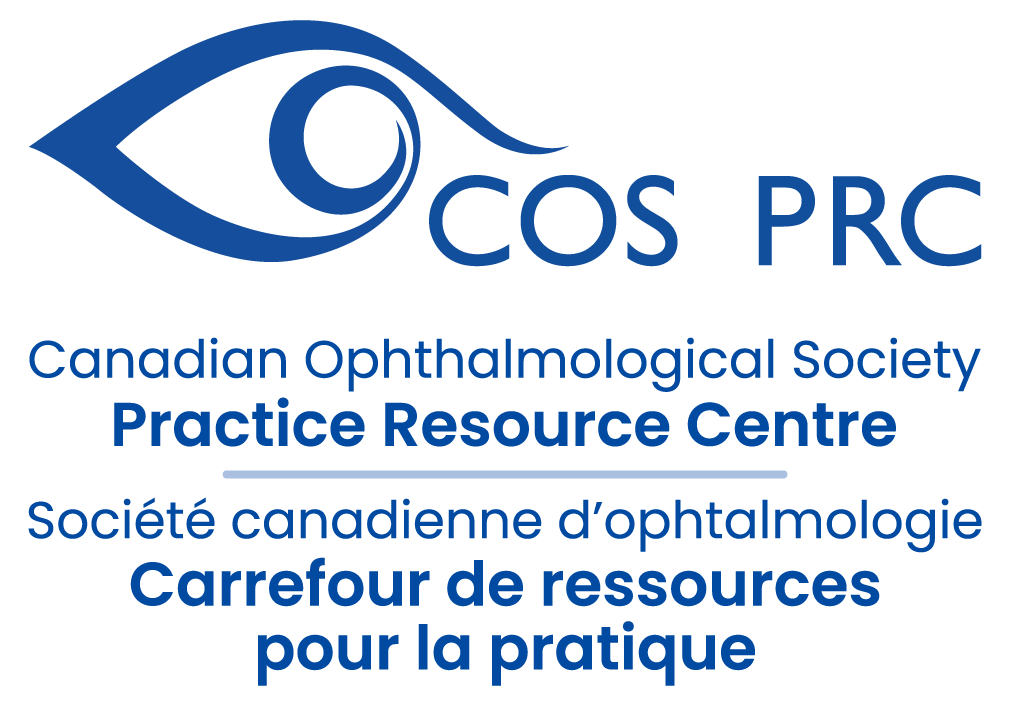
UPDATE (2024-04-17): We are collecting case reports on solar retinopathy following the recent solar eclipse. If a patient you’ve seen experienced vision impairment or related symptoms after viewing the eclipse, please fill out the following form to contribute to our research efforts. Your participation is crucial in helping us gather valuable data to better understand and mitigate the effects of solar retinopathy. You can access the form by clicking HERE.
Looking directly at the sun without proper protection can cause significant damage to your eye leading to a condition called solar retinopathy. During unshielded observation of a solar eclipse, the lens of the eye acts just like a magnifying glass, focusing the sun’s rays onto the retina at the back of the eye. This concentrated energy can result in permanent burns of the retina, and even irreversible blind spots.
The retina has no pain receptors. Therefore, it can take time before someone realizes that retinal damage may have occurred. You should be attentive to signs such as a blurry vision, visual distortion, and decreased colour vision and if you have looked at the solar eclipse without eye protection.
Let’s delve into some commonly asked questions about solar retinopathy and solar eclipse safety, and expert answers to equip both patients and providers with valuable insight during this event.
Commonly asked questions and answers
Q: What is the best primary prevention?
A: Refraining from viewing the solar eclipse is the best primary prevention to solar retinopathy. You can safely view the event indirectly, by TV or web.
Q: Which glasses are unsafe?
A: Sunglasses, glasses with transition lenses, glasses with polarizing filters, exposed film, x-ray film, and neutral density filters, do not provide enough safety to view the eclipse.
It is equally unsafe to view the eclipse from your telescope, camera, binoculars without the appropriate special filter, or through a window without the correct eye protection.
Q: Can one take pictures of the eclipse with a smartphone?
A: You can take pictures of the eclipse with your smartphone or tablet device, but make sure that you are not viewing the eclipse without the proper eye protection while aligning the device for the photo. Please keep in mind that some manufacturers state that prolonged pointing of the smartphone/camera to the sun may affect its sensors.
Q: What is the right filter to have when viewing the eclipse?
A: ISO 12312-2 certified. Upon receiving your glasses, please take the time to inspect as the glasses should not be scratched or torn. If the glasses are being worn by children, ensure that they are supervised at all times.
Q: What is the maximum duration of time that we can view the solar eclipse without permanent damage? What if I glance at the eclipse, look away, and then back again?
A: There is no duration of time that you can view the eclipse without permanent damage! The effects of the damage by the sun are cumulative, so looking at the eclipse multiple times would do more damage than looking at it once. It is advised that you do not look directly at the sun at all.
Please keep in mind that if on the totality path, to use great caution and under expert supervision to indicate the time that you may securely remove and put back on the certified glasses.
Q: Can animals suffer from solar retinopathy as well?
A: In theory, yes, if they are looking at the sun during the eclipse.
Q: Can someone with a previous history of ocular disease view the eclipse?
A: Yes, but only with precaution and the correct eye protection. If unsure, they can enjoy the solar eclipse by viewing it indirectly (such as through a livestream or broadcast on TV).
Resources
The authors of this Q&A on solar eclipse eye safety have compiled a comprehensive set of resources tailored to both patients and ophthalmologists, ensuring that everyone can access reliable information and guidance.
For the general public
Government of Canada – Stay safe while watching the solar eclipse
American Astronomical Society – Viewing the solar eclipse safely
Exploratorium – View the eclipse safely through livestream
Association des médecins ophthalmologistes du Québec – Éclipse solaire du 8 avril (French only)
Canadian Ophthalmological Society – Protect your vision
The Dose – How can I watch a solar eclipse and keep my eyes safe?
For the ophthalmologist
American Academy of Ophthalmology EyeWiki – Solar retinopathy
The Astronomical Journal – Physical and visual evaluation of filters for direct observation of the sun and the international standard ISO
Queen’s University – Grand Rounds Presentation: Total solar eclipse and eye health
Ophthalmology Times – Protecting vision during solar eclipses: Insights for ophthalmologists
Thank you to Dr. Marie-Josée Aubin and Dr. Cynthia Qian for creating this helpful resource!



